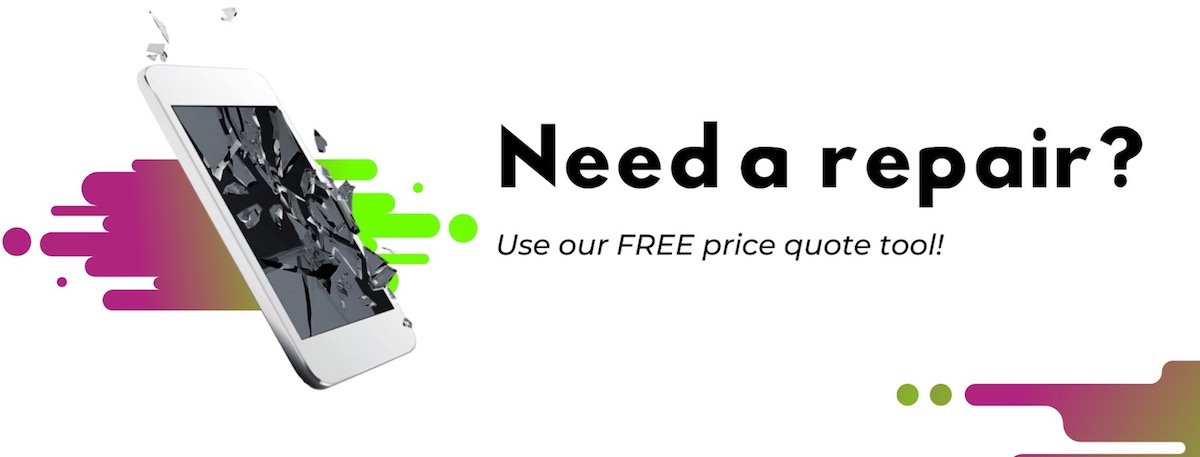Do you ever go online at a coffee shop to catch up on emails? Shop online while using the free Wi-Fi at a hotel? Check your bank balance while in line at the grocery store?
If so, you could be opening your cyber life to a nasty invasion of privacy. Unsavory people can use open Wi-Fi portals to electronically eavesdrop on browsing activity or collect passwords. Subscribing to a virtual private network, or VPN, can save you the hassle and cost of recovering from identity theft.
Geo What?
Businesses may practice geo-blocking to control access to their sites. An internet server can read an IP address (a unique identifier for a computer) and shut the cyber gate. Sometimes this is a tool for corporate privacy; other times it functions as a way to unfairly redirect traffic to a more expensive goods or service provider. At the extreme, governments can practice widespread censorship by limiting access to sites deemed inappropriate for their citizens.
How Does It Work?
A virtual private network joins a computer to an encrypted network that ensures privacy. Your smartphone, tablet or computer runs a program that creates a secure link to a server. When you request a website, that request is filters through the VPN server, screening your identity and location.
Veiled Viewer, Secret Shopper
Of course, if you’re traveling in a country with travel restrictions, a VPN can circumvent government-blocked sites. Usually, it’s a way to have access to the sites you usually visit, without regional limits. It’s also helpful if you’re comfy at home and want to catch a world football match on a foreign site.
Since a VPN blocks details about your account, it can save money for the savvy shopper. For instance, flight searches done without encryption will yield options and prices tailored to your region. With a virtual private network, the airline might understand your location to be thousands of miles from your actual position, quoting a fare quite different from the original amount.
Be Free or Pay the Price?
It could be worthwhile to try a free service to learn how a VPN works. However, free may come with inconveniences. Typically, no-cost servers are slower and put advertising on the pages you visit. There will likely be restrictions on time, speed and data transfers. If you do most of your private work on your secure home or office network, it might be worth the limitations of a free server for occasional use.
A subscription plan will offer faster speeds, higher bandwidth, and more services. Check if they support your phone, tablet and computer platforms, and how many devices they include for one account. Check if the server logs activity data or if there is true anonymity, as where their servers operate.
It’s Time
Unless you always use a secure network at home or the office, and never use a hotspot outside that system, it would be wise to keep your information safe with a virtual private network.



